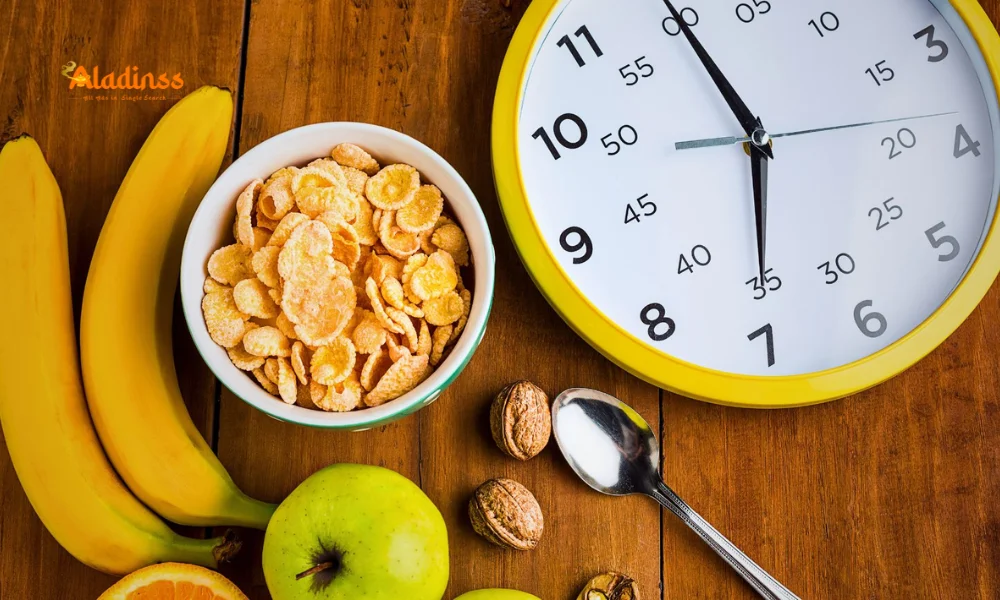Alcohol Risks in Monsoon: Health Concerns

Is Drinking Alcohol Dangerous During Monsoon Season? Research Insights

The monsoon season, with its cool and humid weather, often tempts people to enjoy alcohol alongside hot meals. However, research indicates that drinking during this season can pose significant health risks. From compromising immunity to causing dehydration, alcohol consumption during the rainy season can exacerbate seasonal health challenges, making it a risky habit for many.
Compromised Immunity in Monsoon
The rainy season increases the prevalence of infectious diseases like colds, coughs, and fevers due to high humidity and temperature fluctuations. Alcohol consumption weakens the immune system, making the body more susceptible to these illnesses. Studies suggest that alcohol impairs the body’s ability to produce white blood cells, critical for fighting infections, thus heightening the risk of seasonal ailments during the monsoon.
Dehydration Risks from Alcohol
Alcohol acts as a diuretic, causing the body to lose more fluid than it takes in, which can lead to dehydration. In the monsoon’s humid environment, maintaining hydration is crucial, and alcohol consumption can counteract these efforts. Dehydration symptoms, such as dizziness and fatigue, can worsen in the rainy season, putting additional strain on the body’s systems.
Digestive System Challenges
The monsoon season often slows digestion due to changes in diet and environmental factors. Alcohol consumption adds stress to the digestive system, potentially causing acidity, gas, and indigestion. Research highlights that alcohol can irritate the stomach lining, leading to gastrointestinal issues that are particularly problematic during the rainy season when digestion is already sluggish.
Impaired Body Temperature Regulation
Alcohol may provide a temporary feeling of warmth, but it lowers the body’s core temperature by dilating blood vessels. This can increase the risk of catching colds or viral infections during the monsoon’s damp and cold conditions. Health experts note that this effect can be particularly harmful for individuals with cardiovascular issues, as alcohol places additional strain on the heart.
Higher Risk of Infections
Water- and food-borne diseases, such as typhoid, cholera, and jaundice, are more common during the monsoon due to contaminated water and food. Alcohol consumption stresses the liver, a key organ for detoxification, and weakens immunity, increasing the likelihood of contracting these infections. Avoiding alcohol during this season can help maintain liver function and reduce infection risks.
Sleep Disruption and Increased Stress
Many believe alcohol promotes better sleep, but research shows it disrupts sleep cycles, leading to poor sleep quality and increased stress. During the monsoon, when stress levels may rise due to weather-related disruptions, alcohol can worsen mental health, contributing to anxiety and mood swings. Maintaining healthy sleep habits is essential for overall well-being during this season.
In summary, drinking alcohol during the monsoon season can amplify health risks, including weakened immunity, dehydration, digestive issues, and increased susceptibility to infections. Health professionals advise limiting alcohol intake to stay safe and healthy during the rainy season. Always consult a doctor for personalized health guidance.
Comment / Reply From
No comments yet. Be the first to comment!






